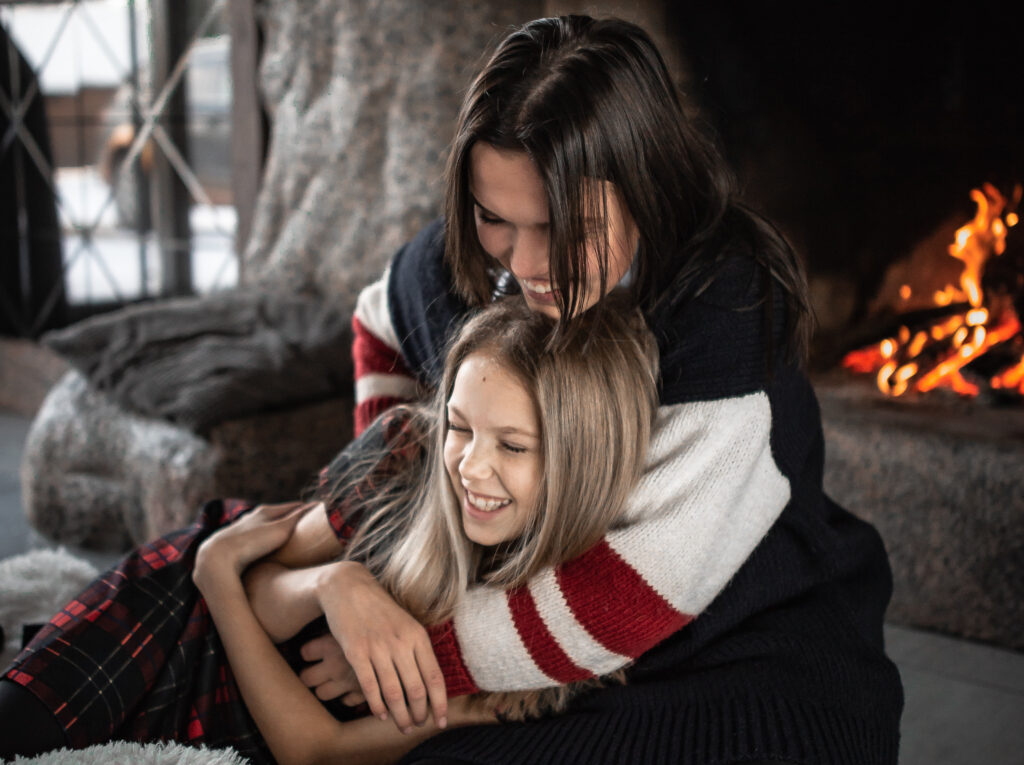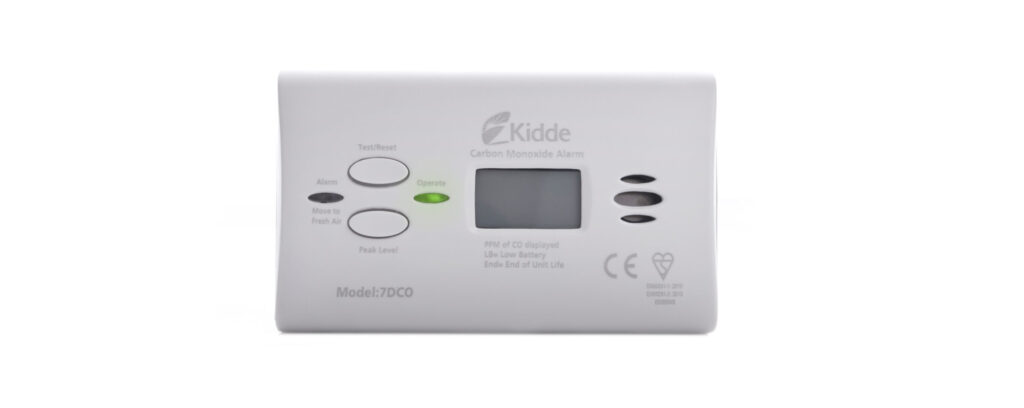Friday 18th September 2020
In light of the Covid 19 pandemic, safety is at the forefront of everyone’s mind. We all know that hand washing and basic hygiene are an essential part of life in 2020, but how many of us can be absolutely sure that our homes are gas safe? With Gas Safety Week celebrating its tenth year in 2020, it’s time to make sure that you, your friends and family are safe in your own homes.
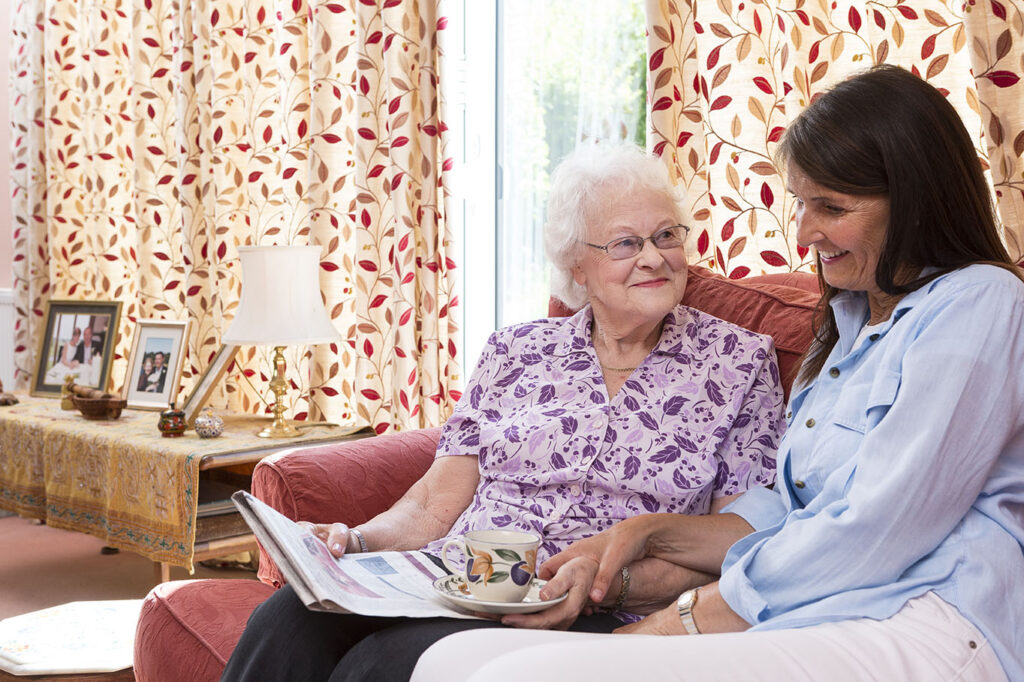
Are you at risk of Carbon Monoxide Poisoning?
Do you have a gas fire, gas boiler or gas oven? Frighteningly, statistics published by Gas Safety Week show that 1 in 2 gas fires inspected by a Gas Safe Engineer are unsafe. Carbon Monoxide emissions from a poorly fitted, poorly ventilated or faulty gas appliance can be deadly or have severe side effects. Carbon monoxide is odourless and colourless meaning that without a detector, it is very difficult to detect its presence.
There are 2 simple steps to follow to protect yourselves, your family and friends:
- Have your gas appliances checked and serviced every year by a Gas Safe Engineer. You can find a gas safety engineer near you here. Check to see if loved ones and vulnerable friends or neighbours have a gas safety certificate that is up to date.
- Install an audible carbon monoxide alarm and make sure your friends and relatives have one too. Check that they are marked EN50291 and display the British Standards’ Kitemark. You can find a great selection here that are suitable for use at home.
Common cold or Carbon monoxide poisoning?
The symptoms of carbon monoxide poisoning are much like those of a common cold or flu to begin with but can ultimately lead to a coma and death. Headaches, nausea, dizziness, a sore throat or dry cough are all common complaints, but could be as a result of exposure to CO gas. If friends, family or loved ones complain of these symptoms, seem confused or are drowsy and are having trouble breathing, you need to be alert. If you suspect carbon monoxide poisoning, open all the windows and doors and leave your home immediately. Turn off any appliances that are in use and turn the gas off at the mains if you can. Call the Gas Emergency Services on 0800 111 999 as soon as you can. You should seek medical help straight away if you think that anyone in your household has carbon monoxide poisoning.
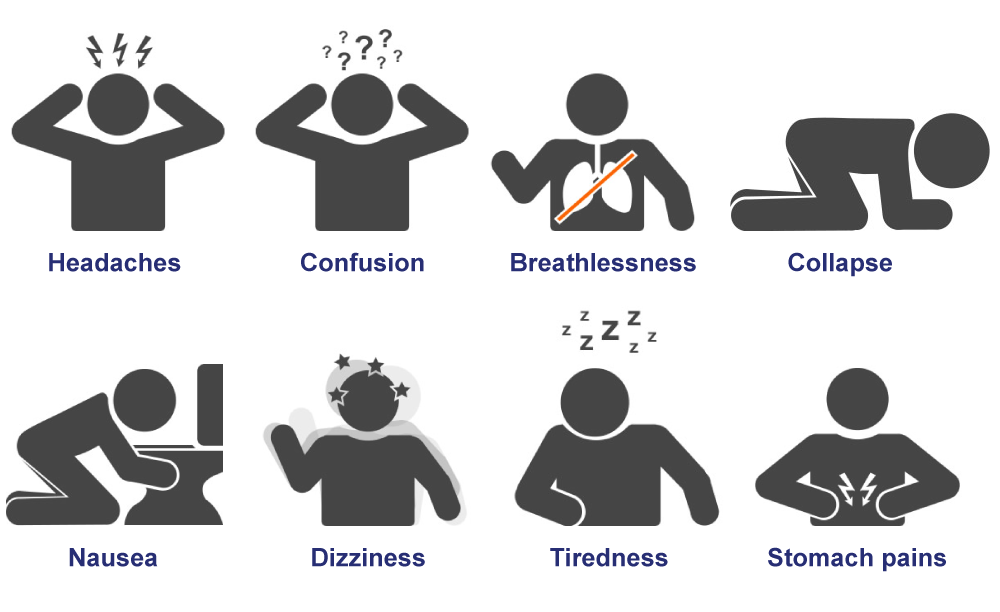
Gas safety and Covid 19
There may be some nervousness about engineers visiting your home due to the spread of infection during the current pandemic. Tradesman have strict guidelines to follow set out by the government, but if you are worried you should check what measures your Gas Safe Engineer will be putting in place when he or she visits your home. It is important to proceed with your annual check if you can as you could be putting your family in danger of carbon monoxide poisoning. With some Covid 19 restrictions still in place, and many people working remotely, we are all spending more time at home. It is now as important as ever to make your home a safe place for you and your family.
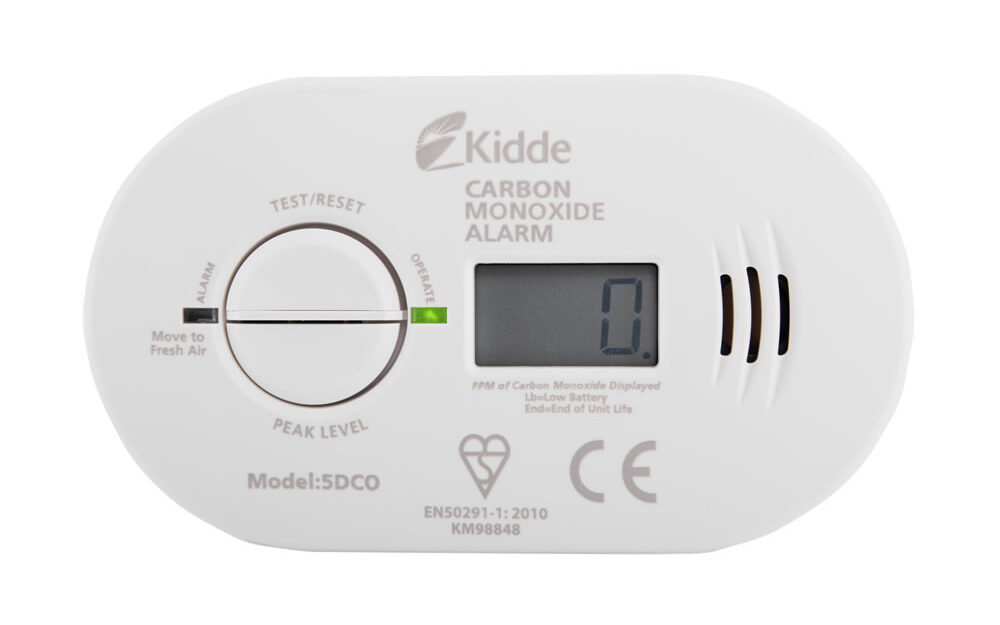
Protect loved ones with a carbon monoxide detector
If you have vulnerable or elderly friends, relatives or neighbours, why not give them peace of mind and help them to install a carbon monoxide detector? Carbon monoxide can travel through adjoining walls and so even if you are absolutely sure that all the appliances in your home are gas safe, a detector is the only way to have complete peace of mind. Many detectors have a long life and so remain reliable for long periods and with options for audio and visual cues, there is an alarm suitable for everyone. All of our Kidde battery-operated alarms are available for FREE delivery, so you can have them delivered directly to loved ones for no extra cost and with free standing options available and the battery included on many models, they can be up and running immediately on arrival. Why not browse the range here?
Gas Safety Week challenges us all to think about making our homes as safe from the dangers of gas as possible. For more information and advice, head to the gas safety week website. Or, for more information on CO alarms, please contact our customer care team on 0800 612 6537.

